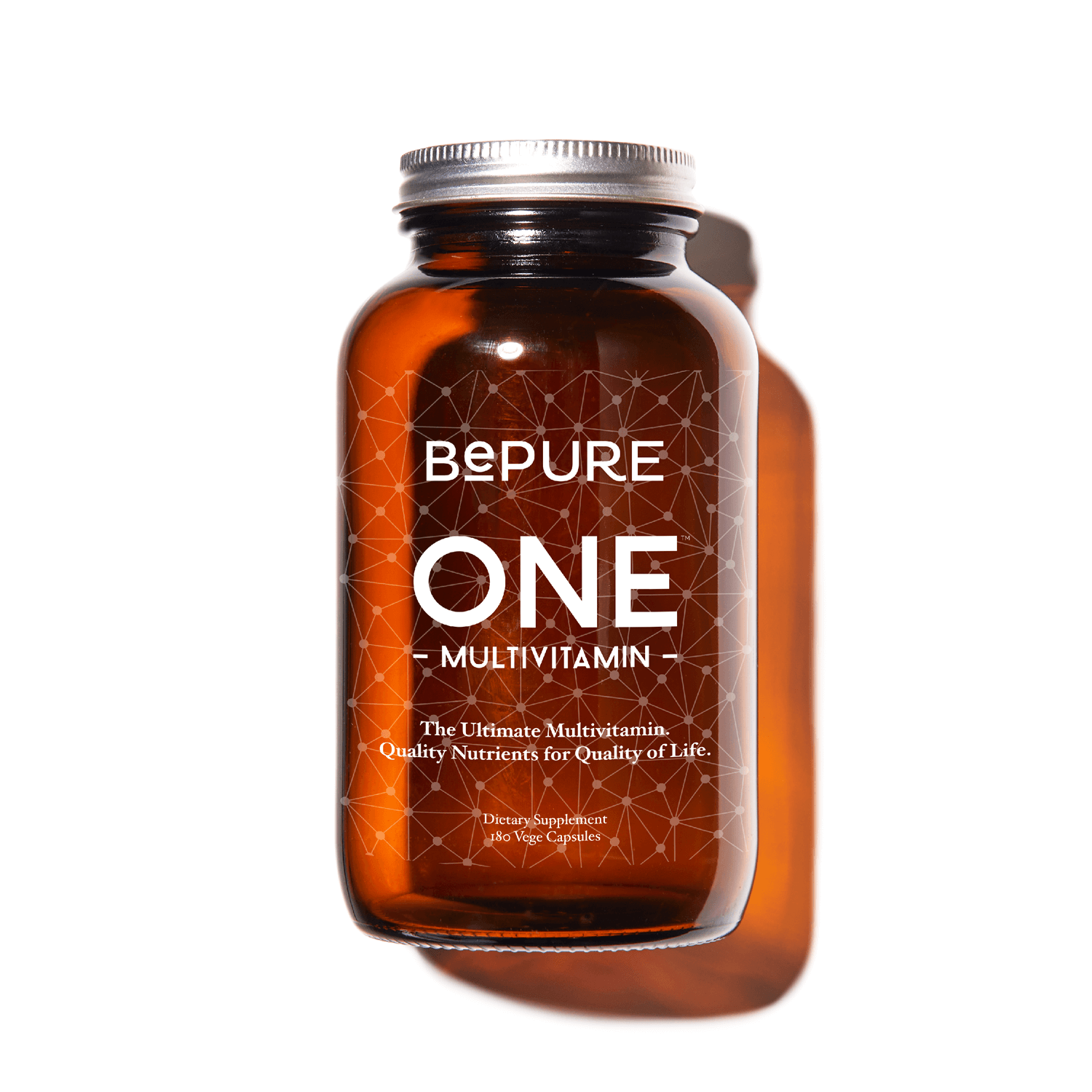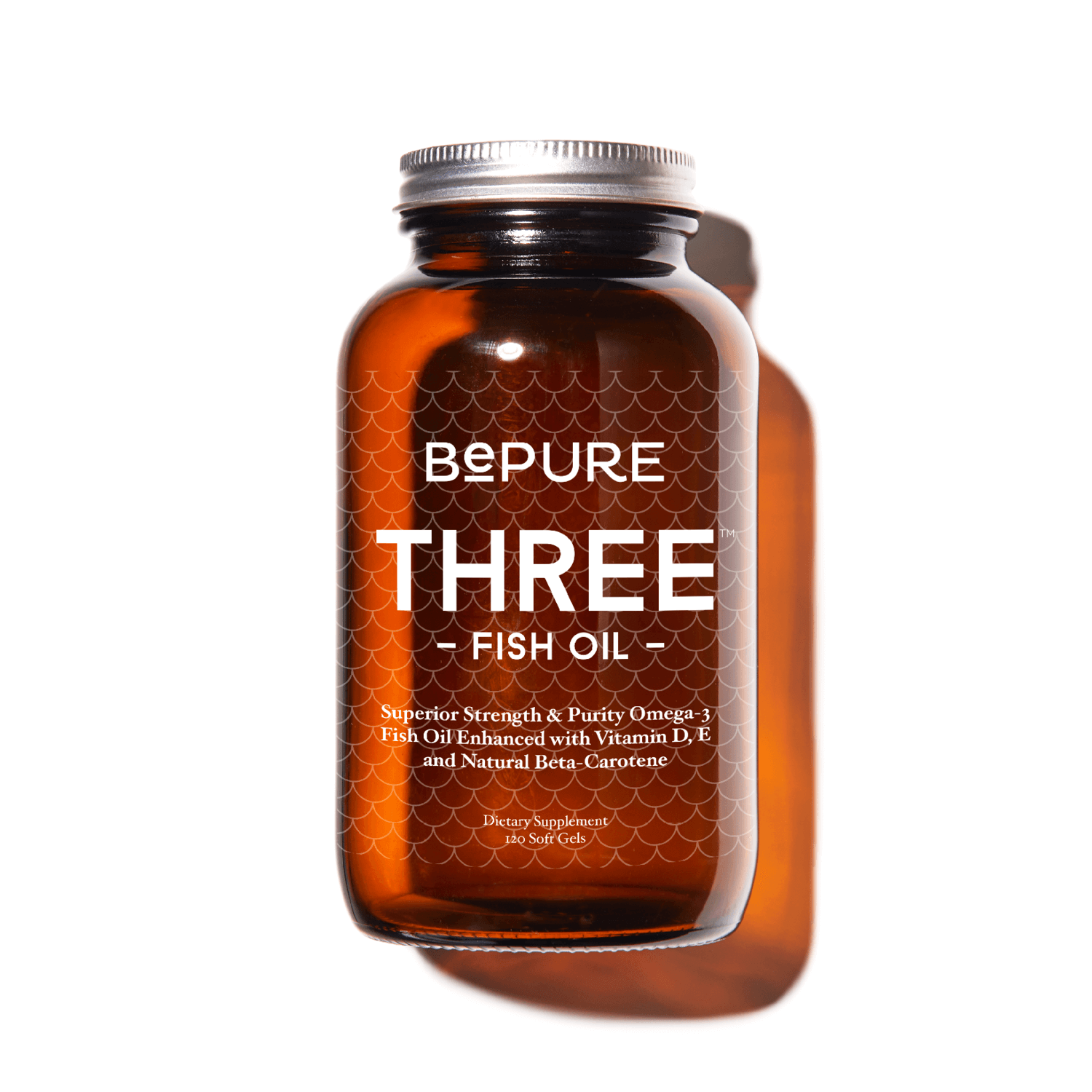One of the common symptoms or issues we saw in clients at our BePure Clinic is eczema. For some, it is a mildly annoying patch of dermatitis that hints at other health concerns, while for others, it is painful, raw, prone to infection, itchy, leads to feelings of self-consciousness and in extreme cases, it can be completely debilitating.
Many parents tell me their young children are kept awake at night by scratching their eczema. You can imagine the toll this loss of sleep plays on both the child and their parents.
Eczema is a catch-all term to describe a medical condition in which patches of skin become rough and inflamed, and in some cases, itching and bleeding. There is some debate amongst the medical profession as to what is really driving eczema. Some say some people have sensitive skin and need creams to deal with it. Progressive health professionals are now understanding the link between eczema and other inflammatory or gut conditions.
Progressive health professionals are now understanding the link between eczema and other inflammatory or gut conditions.
Clinically, at BePure, we view eczema as a sign of some other systemic health condition. In almost all cases, eczema and other skin conditions such as rosacea and psoriasis, which are autoimmune skin conditions, could be linked to systemic inflammation, poor gut health, or compromised liver function.
Particularly in young children, eczema can be driven by an immune response within the body. Especially within the gut. This usually points to the individual eating something that does not agree with them. The most common culprit we see is gluten and dairy.
Understanding Gluten Intolerance
Gluten is a protein found in wheat, barley, and rye and is what gives bread its stretch. Its consumption stimulates the production of a protein called zonulin in everyone who eats it.
Zonulin is currently the only known regulator of the tight junctions between the cell walls of the digestive tract. The wall of the digestive tract is meant to serve as a barrier between us and the outside world. However, zonulin can loosen these tight junctions, allowing undigested food particles and other inflammatory particles to pass into the bloodstream. Because over 70% of our immune system is located in our gut, if these immune molecules pass through our intestinal barrier and into our gut stream, it can cause massive inflammation across the whole body. This is known as leaky gut syndrome. To learn more about leaky gut, you can read the works of Dr Amy Myers and Dr Natasha Campbell McBride who both specialise in gut health.
If you are susceptible to zonulin, this could lead to an immune response, contributing to a whole host of autoimmune conditions including Celiac Disease, Hashimoto’s Thyroiditis, Graves Disease, psoriasis and Fibromyalgia, as well as all sorts of neurological disorders and skin conditions including eczema.
The number one thing we recommend in this instance is to eat a clean diet free of gluten and pro-inflammatory foods such as vegetable oils, sugar, alcohol, preservatives and highly refined grains.
Understanding Dairy Intolerance
For many people eczema can be a sign you’re not tolerating dairy very well either. Dairy is a potential cross-reactive food with gluten and many people who are sensitive to one are also sensitive to the other. When trying to tackle eczema we recommend removing both dairy and gluten for a time period of at least 30 days to notice an improvement. If you do notice an improvement, you need to keep going.
What Can You Do?
1. Increase your intake of Omega 3 Fatty Acids
If inflammation or a food intolerance could be playing a part in your eczema, increasing your omega 3 to omega 6 ratio could be beneficial for you. We need both Omega 3 and Omega 6 essential fatty acids. The word essential means our bodies cannot produce it ourselves, we have to ingest them. The problem is in the modern world, the ratio of omega-6 to omega-3 fats are too high, which has a pro-inflammatory effect on our bodies.
Replace highly processed oils, such as vegetable oils, canola, corn, sunflower, safflower, soybean, and margarine, with omega-3 rich substitutes like avocado and olive oil. When possible, buy grass-fed animal products and I’d also recommend supporting your diet with high-quality fish oil.
2. Reduce Liver Load
The second factor we see driving eczema is poor liver function, leading to liver toxicity. Our livers are the incredible organs responsible for helping us detox every single day. However, due to our exposure to environmental toxins and substances loading our liver, such as caffeine, sugar and alcohol, this elimination cannot happen as effectively as it should.
Our skin is our largest organ. When we can’t process environmental or dietary toxins through our liver, they try to escape through our skin, which can look like eczema and other skin conditions.
Again, diet is critical here. Removing liver loading substances like excessive coffee, alcohol and sugar will place less strain on the organ, so it can remove these toxins naturally. Reducing your exposure to environmental toxins such as BPA, parabens, conventional skincare products, personal care items like deodorant and sunscreen and old buildings with lead-based paint will all help with the health of your liver.
What you add into your diet is just as critical as what you remove. Nutrient-rich foods like liver, leafy greens, and small oily fish and ensuring you eat a variety of coloured fruits and vegetables, will provide your body with the nutrition it needs. Adding in a quality, high-strength multivitamin could be a good idea to support those with eczema and other skin conditions.
3. Take an Epsom Salt Bath
We understand that the symptom itself sometimes needs management. Epsom salts baths can provide welcome relief from the itching as well as support your body's magnesium levels. Typically, it’s important to choose a product that doesn’t add additional strain on your liver with unnecessary chemicals, steroids or parabens. It’s a really difficult topic and time for those people stuck in an eczema rut. We know that sometimes a short-term trade-off needs to be made to provide some relief.
My aim in this blog isn’t to negate medical treatments for eczema but to provide some overarching direction and ideas for those struggling with this condition. As with all health concerns, each case of eczema is unique and working closely with a healthcare provider can be helpful in finding a tailored solution.



